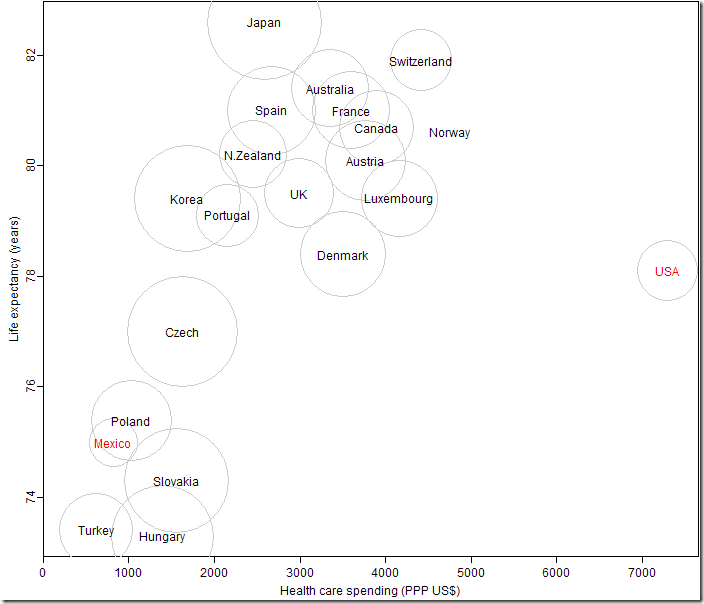The Democratic leadership in Congress is making plans to bypass the conference process for working out a compromise between the health care reform bills that passed the House and Senate. From Jonathan Cohn (link):
According to a pair of senior Capitol Hill staffers, one from each chamber, House and Senate Democrats are “almost certain” to negotiate informally rather than convene a formal conference committee. Doing so would allow Democrats to avoid a series of procedural steps--not least among them, a series of special motions in the Senate, each requiring a vote with full debate--that Republicans could use to stall deliberations, just as they did in November and December.
In terms of the optics, this is bad. It confirms the GOP talking-point that reforms the people don’t want are being crafted in secret and rammed through Congress. For example, in the words of a spokesman for John Boehner (link):
“Something as critical as the Democrats’ health care bill, with its Medicare cuts and tax hikes, shouldn’t be slapped together in a shady backroom deal. Skipping a real, open Conference shuts out the American people and breaks one of President Obama’s signature campaign promises. It would be a disgrace — to the Democratic Leaders if they do it, and to every Democratic Member who lets them.”
On the other hand, when it comes to health care reform the Republicans have only a strategy of saying “No” (Republicans voted against the House version 176 to 1; Republicans voted against the Senate version 39 to 0). Contrary to the talking point that the Democrats have ignored Republicans in shaping the bills and are rushing reform, the original timelines were much delayed while the Gang of 6 (link) worked deliberately on a bipartisan bill. Even the Republican participation in those negotiations was questionable (e.g., Grassley: link and link). Even after significantly influencing the Senate bill, none of Republican members of the Gang of 6 voted for it. Even after reform bills had passed both houses of Congress, the GOP Senate leadership was still vowing to keep fighting (link). Given these realities, it seems like the Republicans have already said “No” to reform. Why indulge the Republicans’ plans to further obstruct?
Apparently, bypassing conference isn’t especially unusual (link):
Hill aides say it often happens with major or contentious pieces of legislation (though not apparently in this current Congress). "This is what we normally do," said one Hill aide, "it is pretty standard."
But it’s certainly nothing like what Obama promised during the campaign (link):
I'm going to have all the negotiations around a big table. We'll have doctors and nurses and hospital administrators. Insurance companies, drug companies -- they'll get a seat at the table, they just won't be able to buy every chair. But what we will do is, we'll have the negotiations televised on C-SPAN, so that people can see who is making arguments on behalf of their constituents, and who are making arguments on behalf of the drug companies or the insurance companies. And so, that approach, I think is what is going to allow people to stay involved in this process.
As a bonus, here’s a plot (link) of life expectancy vs. health care spending for various countries (with the size of the circle proportional to the number of doctor visits per person):
